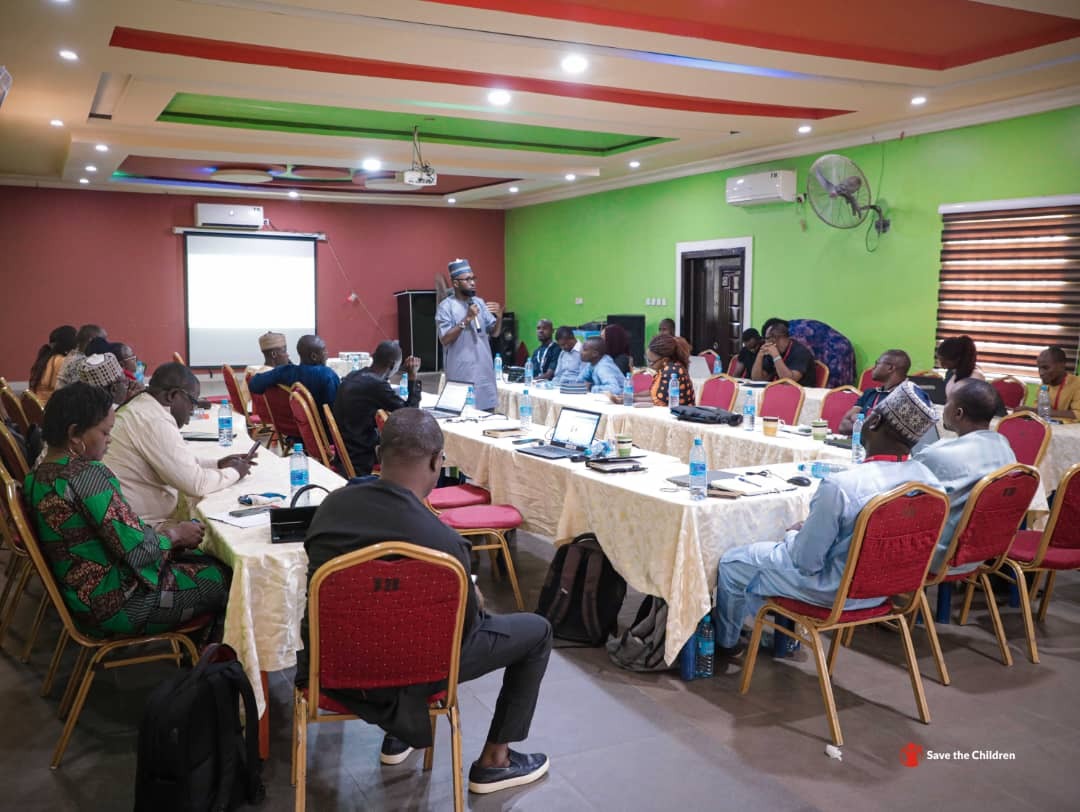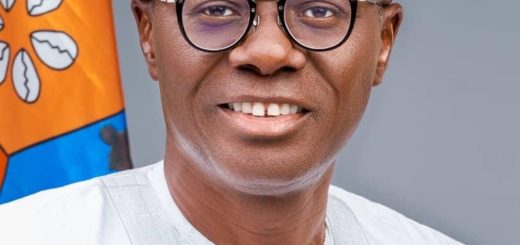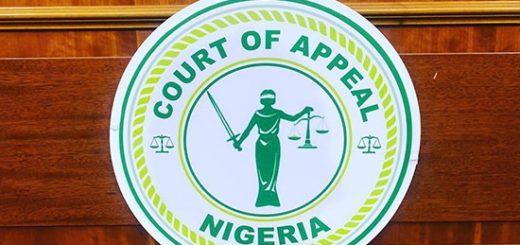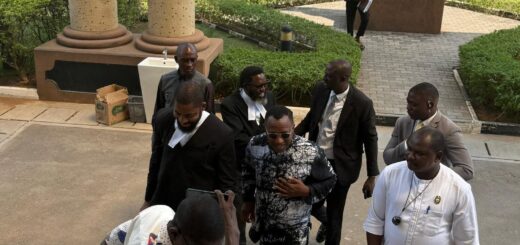Climate change: Researchers canvass govt, stakeholders collaboration on migration policy
 In response to rising concerns over climate change’s impact on rural-urban migration in the country, a team of researchers has stressed the need for collaboration between government and stakeholders.
In response to rising concerns over climate change’s impact on rural-urban migration in the country, a team of researchers has stressed the need for collaboration between government and stakeholders.
Researchers under the aegis of MIGRAWARE Research Team, also emphasised the need to integrate scientific research into Nigeria’s migration policies.
This was contained in a communiqué from a one-day hybrid validation workshop in Abuja, aimed at presenting and validating the research findings from the West African Science Service Centre on Climate Change and Adapted Land Use’s Doctoral Research Programme on Climate Change and Human Habitat (WASCAL DRP on CCHH) and the Department of Geography, Federal University of Technology, Minna (FUTMINNA).
The communiqué signed by the the Team Lead, Professor Appollonia Okhimamhe, maintained that the collaboration would be key to ensuring that research findings provide a strong foundation for institutional frameworks.
According to the communiqué, the research findings which also involved collaboration with Martin Luther University Halle-Wittenberg (Germany), the German Aerospace Centre (DLR), Coknow (Germany), PiSolutions (Germany), the University of Wurzburg (Germany), the University of Cape Coast (Ghana), the Centre for Scientific and Industrial Research (Ghana), Hen Mpoano (Ghana), and the University of Nazi Boni (Burkina Faso), noted that the absence of recent census data and limited access to migration and spatial information significantly hinder the research.
It stressed the need for the government to prioritize a national census and invest in capacity-building initiatives focused on migration drivers and methodologies.
The workshop also underlined the importance of government leveraging the outcomes of the WASCAL DRP CCHH-led MIGRAWARE project to shape national migration policies, especially in line with the domestication of the Kampala Declaration.
The researchers then urged Federal Government to validate and apply research data on migration for effective policy planning and implementation.
The workshop was attended by key stakeholders, including representatives from the Federal Ministry of Interior, Nigeria Immigration Service (NIS), the Federal Road Safety Corp (FRSC), Federal Ministry of Environment, and the Office of the National Coordinator of UNDP’s Global Environment Fund (GEF).
Other participants included delegates from International Office for Migration (IOM), the National Commission for Refugees, Migrants, and Internally Displaced Persons (NCFRMI), and Women in Environment Programme (WEP), while the MIGRAWARE Consortium Project Assistant was represented by the Scientific Coordinator, Prof. Christine Fürst, alongside the Nigerian MIGRAWARE Research Team.
Online attendees included representatives from the WASCAL Competence Centre in Ouagadougou, members of the MIGRAWARE Consortium from West African institutions (University of Cape Coast, Ghana, and University of Nazi Boni, Burkina Faso), German institutions (Martin Luther University, German Aerospace Centre, and University of Würzburg), and environment and migration enthusiasts from the Old Girls’ Association of the Federal Government Girls College, Abuloma, Port Harcourt, Nigeria.













